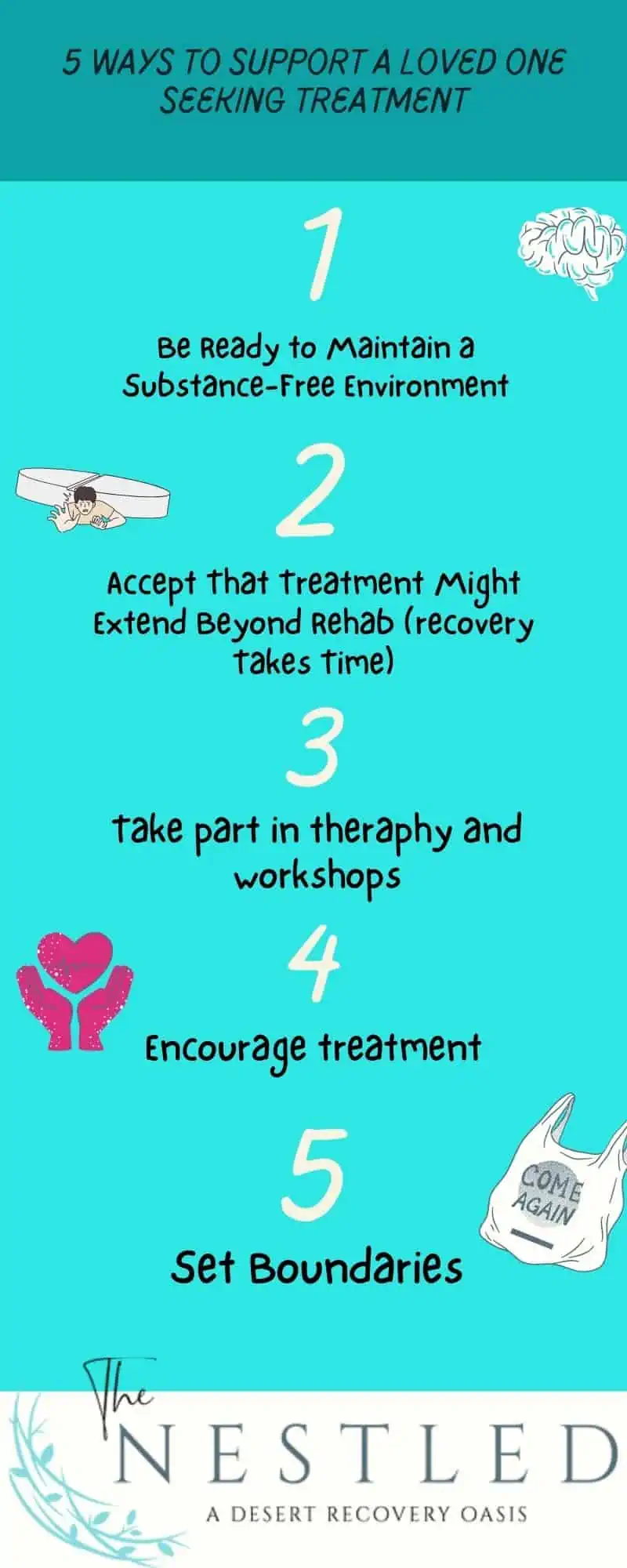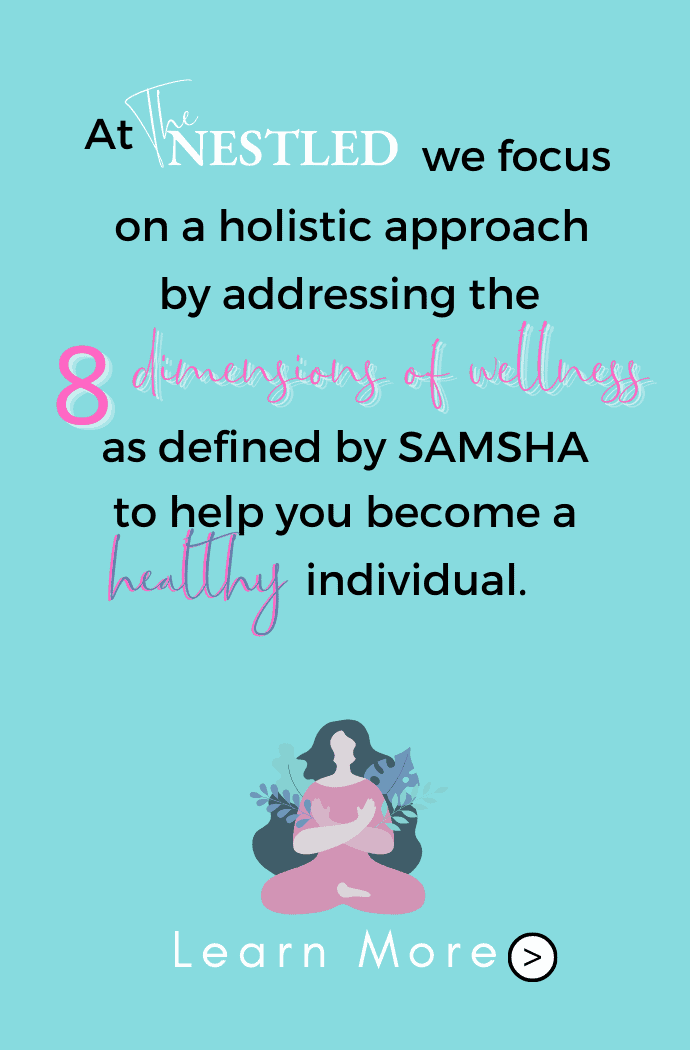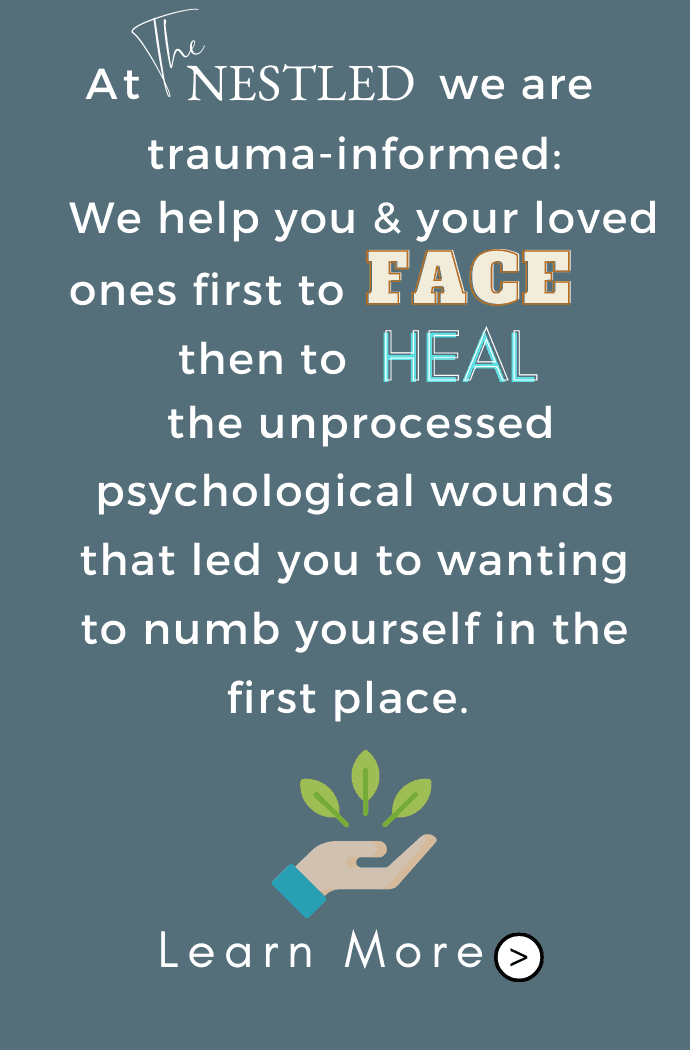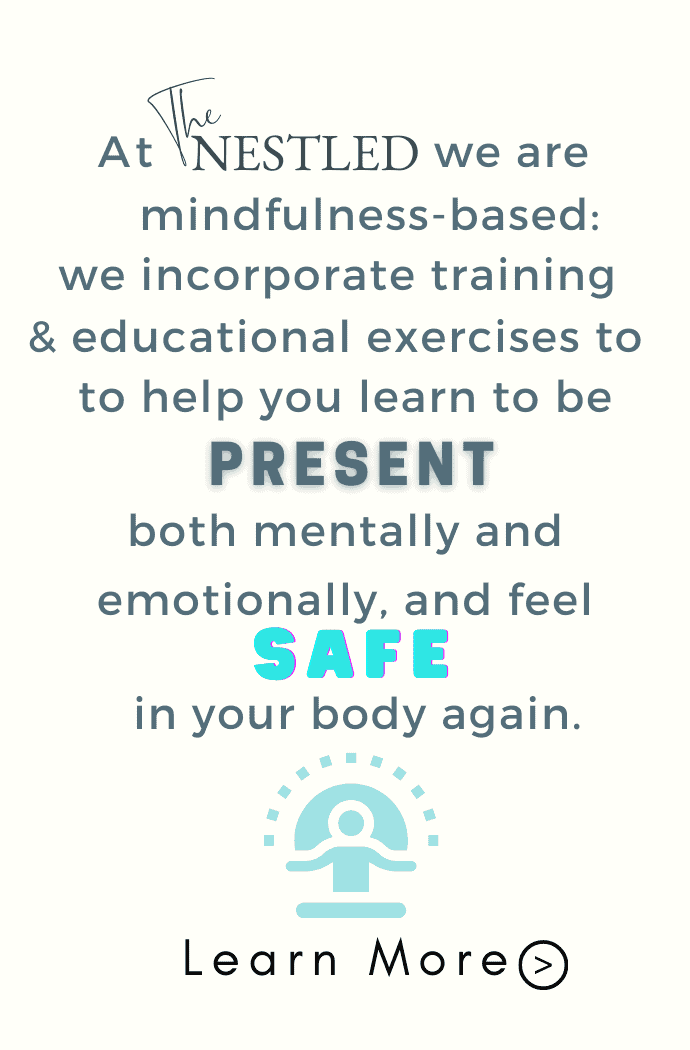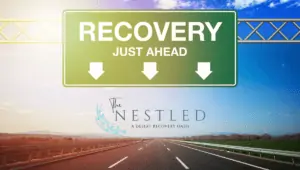One of the best things you can do to help a loved one struggling with substance abuse is encourage them to seek rehab. Many people won’t seek treatment on their own, perhaps because they are stuck in a loop of denying that there’s a problem or feeling like they can or should take care of things by themselves. Addiction is a response to unmet emotional needs and part of the remedy is being met with empathy and compassion by family and friends. Sometimes just having a conversation with a loved one isn’t enough to get them to seek help, and you may want to plan an intervention instead.
Understanding Addiction
If a loved one in your life is struggling with substance abuse, it’s helpful to learn more about addiction, how it is caused, and how it affects friends and family. Understanding leads to greater compassion for ourselves and others, and can make an overwhelming situation become more manageable when you realize there are practical steps you can take. Interventions are one of the best ways to encourage a loved one to get help, and should be planned with the help of an intervention specialist. Addiction has a deep impact on close relationships, and it’s very beneficial to get support in the form of therapy or support groups even or especially while you’re helping someone else get treatment.
What Is Addiction?
Addiction is a form of self regulation, a way of coping with trauma and unmet emotional needs. One of the hallmarks of addiction is feeling ashamed and isolated from other people, making emotional support one of the key factors that contribute to long term recovery and someone getting help in the first place. In fact, one of the warning signs that indicate addiction is someone self isolating and withdrawing from social activities they used to enjoy, which gets worse as the addiction progresses.
Ways You Can Support Your Loved One Going to Rehab
If your loved one is considering entering rehab for drugs and alcohol, there are some things you can do to help them find success.
Be Ready to Support a Drug-Free Environment
When your loved one comes home from treatment, it’s important that they feel supported on their journey through sobriety. One of the first steps is to make sure the home is free from any alcoholic substances and that any drugs or drug paraphernalia is removed.
Accept that Treatment and Recovery is A Lifelong Process
Just because someone goes to rehab or detox it doesn’t mean they have fully recovered. It takes continuous effort and works to recover from drug addiction. Daily meetings and therapy help but there will still be an acclimation period where emotions are high and cravings hit. Stay patient and re-assuring.
Take An Active Role in Therapy
It’s not your responsibility to drive the ship, but it is important to be available and present when needed. Many times family therapy is a part of wellness and recovery. Even if it is showing up to pick up a 60-day blue chip at an AA meeting, support goes a long way.
Encourage Treatment
Encourage continued treatment and involvement in AA, NA meetings, or smart recovery. This might be as simple as providing a ride once in a while to show support to let your loved ones know they are not alone.
Set Boundaries
Your loved one might display periods of pushing the boundaries and lying or try to blame others for their situation. This is consistent with early recovery behaviors and it’s important to set boundaries. Be a guiding light through example not by partaking in disagreements or baiting.
The Effect On Family And Friends
Addiction has a devastating impact on relationships with friends and family, as people struggling with substance abuse often become unreliable and manipulative, exploiting their relationships to keep their addiction going. It’s painful watching someone you love suffer, and can make family and friends feel angry, hopeless, and responsible for behavior that is beyond their control.
How To Stage An Intervention
Contrary to popular belief, you don’t have to wait for things to get out of hand to plan an intervention, and early interventions are often the most successful. Interventions are meetings, planned with the help of an intervention specialist or addiction professional to confront a person about their behavior, and offer them different treatment options to detox and begin their recovery journey. Don’t invite people who will trigger the person you are staging an intervention for, and choose a neutral place such as the home of a friend to have the intervention at. It’s also important to choose a suitable mediator, such as a therapist or religious leader, who will lead the intervention and keep the conversation respectful and calm.
Get Support For Yourself
It’s easy to focus on the person with a substance abuse disorder and forget about your own needs. However, one of the best things you can do to be of service to others is to get support for yourself. Having a relationship with someone struggling with addiction is very stressful and takes an emotional toll. There are many support groups for friends and family of people struggling with addiction, where you can find community and understanding of what you’re going through.
How We Can Help You
At Nestled Recovery, we have a unique, holistic approach to treatment and long-term recovery from alcohol abuse and other substance use disorders. You can expect to receive professional, trauma-informed care in our beautiful, state-of-the-art facility while learning how to incorporate mindfulness into your healing journey. Using the Eight Dimensions of Wellness, we consider the entire person: mind, body, and spirit, creating tailored treatment plans with a range of psychotherapies and experiential therapies to choose from. If you or a loved one are struggling with alcohol use disorder, contact us today.


